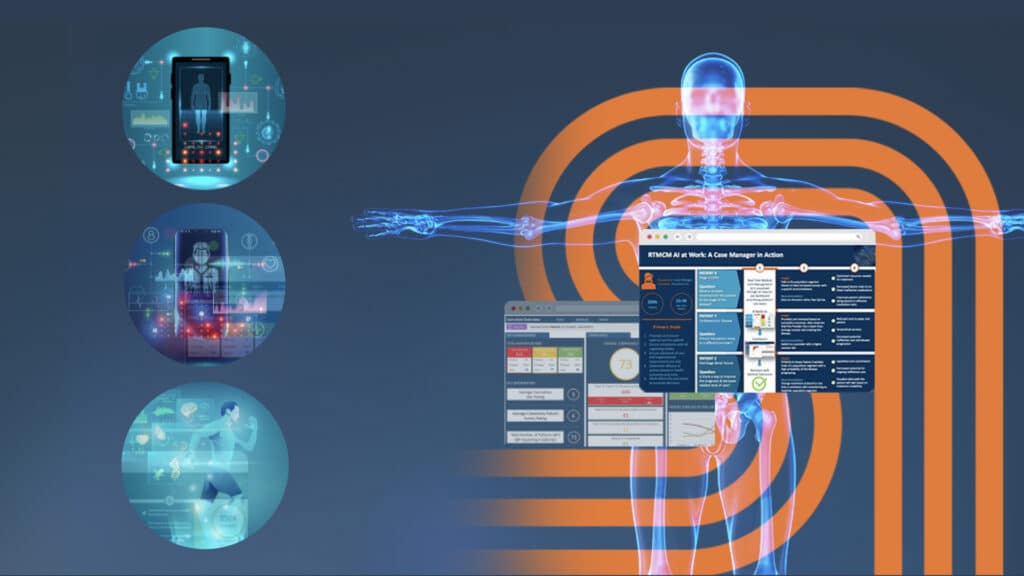The Era of Hyper-Personalized Healthcare
In the realm of healthcare, a transformative shift towards personalization is underway. The convergence of cutting-edge technologies, from wearable smartwatches to genetic testing, is revolutionizing how healthcare is delivered and experienced. This paradigm shift holds the promise of tailored treatments and proactive wellness strategies, altering the landscape of medical care.
Empowering Vital Sign Monitoring with Wearable Tech
Seamless Health Monitoring:
The evolution of smartwatch technology has transcended simple timekeeping to become sophisticated health monitoring devices. Equipped with advanced sensors, these wearables continuously track vital signs such as heart rate, rhythm, and soon, blood pressure.
The seamless integration of these devices into everyday life ensures a continuous stream of health-related data, offering insights beyond what sporadic doctor visits might provide.
This proactive approach enables individuals to manage their well-being in real-time, promoting a more comprehensive understanding of their health status.
Read Guide about Wegovy Dosage Guide: The Best Way For Weight Loss
Expanding Self-Monitoring:
While continuous glucose monitoring has been a staple for diabetes management, advancements have led to similar technologies for various chronic conditions. Devices like the Philips ePatch, a small yet powerful waterproof adhesive patch, go beyond the confines of clinical settings.
Tip: Please fill out the form if you or a friend would like more information on glucose monitoring systems.
By recording and storing heartbeat patterns, these innovations allow for data collection in diverse environments, providing crucial insights into how daily activities affect one’s health. The convenience and accuracy of such technologies empower individuals to take charge of their health, fostering a sense of control and security amidst chronic conditions.
Revolutionizing ECGs:
Portable ECG devices, such as those developed by Alivecor, represent a monumental leap in healthcare accessibility. Compact and easy to use, these devices enable high-quality ECG recordings with a simple touch, bridging the gap between patients and healthcare providers. They facilitate remote consultations, freeing up traditional appointment slots for more critical cases.
The ability to share accurate health data seamlessly enhances the efficiency of healthcare systems while offering individuals peace of mind about the accessibility of their health records.
Must Read CGMs in noncritical care hospitals optimizes glycemic control
Enhanced Safety with Movement Sensors and DNA Sequencing
Safeguarding the Elderly:
Movement sensors integrated with monitoring systems are a game-changer for elderly individuals living independently. These non-intrusive sensors, when combined with monitoring technology, track daily activities and routines.
By analyzing movement patterns, they alert family members or caregivers in case of irregularities or prolonged inactivity, ensuring timely intervention and support.
Genomic Precision:
DNA sequencing heralds a new era in healthcare by unlocking the door to personalized treatment plans. This groundbreaking technology allows for an in-depth examination of individual genetic makeup.
In oncology, DNA sequencing serves as a crucial tool for identifying specific genetic mutations, guiding targeted therapies, and improving treatment efficacy. Moreover, the application of DNA sequencing extends beyond cancer treatment, offering insights into hereditary diseases, and enabling more accurate diagnoses and tailored treatment strategies.
Pioneering Prenatal Testing:
The utilization of DNA sequencing in prenatal testing marks a significant advancement in reproductive healthcare. By analyzing the fetus’s DNA through non-invasive procedures, healthcare professionals can identify potential genetic abnormalities.
This not only empowers expecting parents with critical information but also assists healthcare providers in offering comprehensive counseling and guidance throughout the pregnancy journey.
Also, read about the Relationship between Nocturnal Hypoglycemia and Sleep Quality in T1D
Futuristic Outlook: DNA Sequencing in Pandemic Surveillance and Beyond
Pandemic Surveillance:
The tumultuous effects of the COVID-19 pandemic have underscored the significance of advanced surveillance methods. DNA sequencing, with its ability to identify virus variants, plays a pivotal role in monitoring and managing outbreaks.
By conducting random sequencing, scientists gain valuable insights into the prevalence and mutation patterns of viruses. This proactive approach enables healthcare systems to respond swiftly, ensuring effective containment strategies and vaccination campaigns.
Hyper-Personalized Healthcare Outlook:
The future of healthcare converges around self-monitoring and DNA sequencing, fostering a new era of hyper-personalized healthcare medicine. These innovations pave the way for better patient outcomes, reduced healthcare burdens, and a deeper understanding of individual genetics.
By embracing the potential of these technologies, healthcare providers can offer tailored treatments, accelerating diagnosis, and treatment processes. Ultimately, this paradigm shift aims to provide individuals with more personalized, efficient, and effective healthcare experiences.


